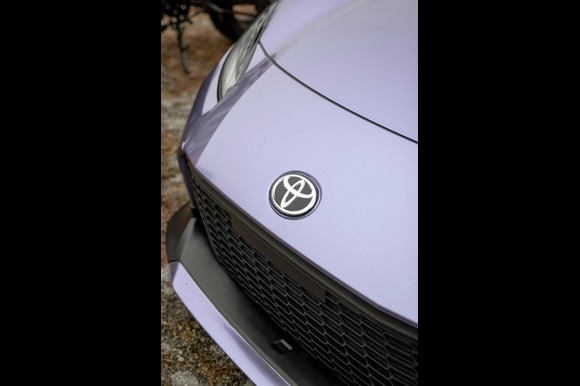Toyota Motor Corporation has officially started production at its $13.9 billion battery manufacturing plant in North Carolina, marking a major step in its expansion of hybrid vehicle production. The Japanese automaker also confirmed plans to invest an additional $10 billion in the United States over the next five years, further strengthening its presence in American manufacturing.
The company, headquartered in Tokyo, announced the developments on Wednesday. Initially unveiled in December 2021, Toyota’s North Carolina project aims to produce batteries for both hybrid and fully electric vehicles (EVs). Batteries from the plant will be used in hybrid versions of Toyota’s most popular models — including the Camry, Corolla Cross, and RAV4 — as well as a forthcoming three-row all-electric SUV yet to be revealed. The facility will also supply hybrid batteries to Toyota’s plants in Kentucky and to a Mazda-Toyota joint venture in Alabama.
“Over the next five years, we are planning an additional investment of $10 billion in the US to further grow our manufacturing capabilities, bringing our total investment in this country to over $60 billion,” said Ted Ogawa, president of Toyota Motor North America.
The company’s 11th US factory, spread across 1,850 acres (749 hectares), is designed to produce 30 gigawatt-hours of energy per year when operating at full capacity. It will feature 14 battery production lines for hybrid and electric vehicles and is expected to create around 5,000 jobs once fully operational.
During a recent event in Japan, US President Donald Trump also praised Toyota’s investment plans. “Go out and buy a Toyota,” Trump said, highlighting the automaker’s continued commitment to the American market. The president, however, has previously criticized Japanese and other foreign automakers and imposed heavy tariffs on imported vehicles.
Although Toyota has been slower than some competitors to embrace fully electric cars, the company has significantly accelerated its hybrid production. “We know there is no single path to progress,” Ogawa said on Wednesday. “That’s why we remain committed to our multi-pathway approach, offering fuel-efficient gas engines, hybrids, plug-in hybrids, battery EVs, and fuel cell vehicles.”
Toyota’s push toward hybrids comes as other global automakers, including Volkswagen, have also shifted strategies amid changes to US environmental policies. The Trump administration has rolled back EV tax credits and removed penalties that previously encouraged electric vehicle sales.
At the same event, US Transportation Secretary Sean Duffy announced that the administration intends to relax existing fuel economy standards, describing previous regulations as overly ambitious. Duffy had earlier signed an order directing the National Highway Traffic Safety Administration (NHTSA) to withdraw fuel economy standards set by former President Joe Biden’s administration for 2022–2031 vehicle models, which aimed to drastically reduce fuel consumption.
Toyota’s stock rose by about 0.4% in midday trading on Wednesday in New York following the announcement.






